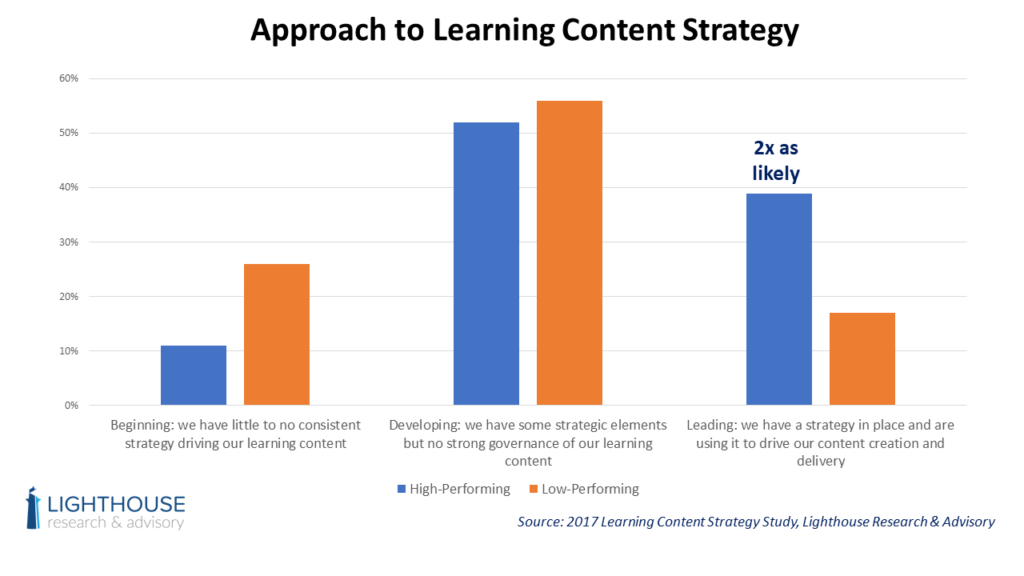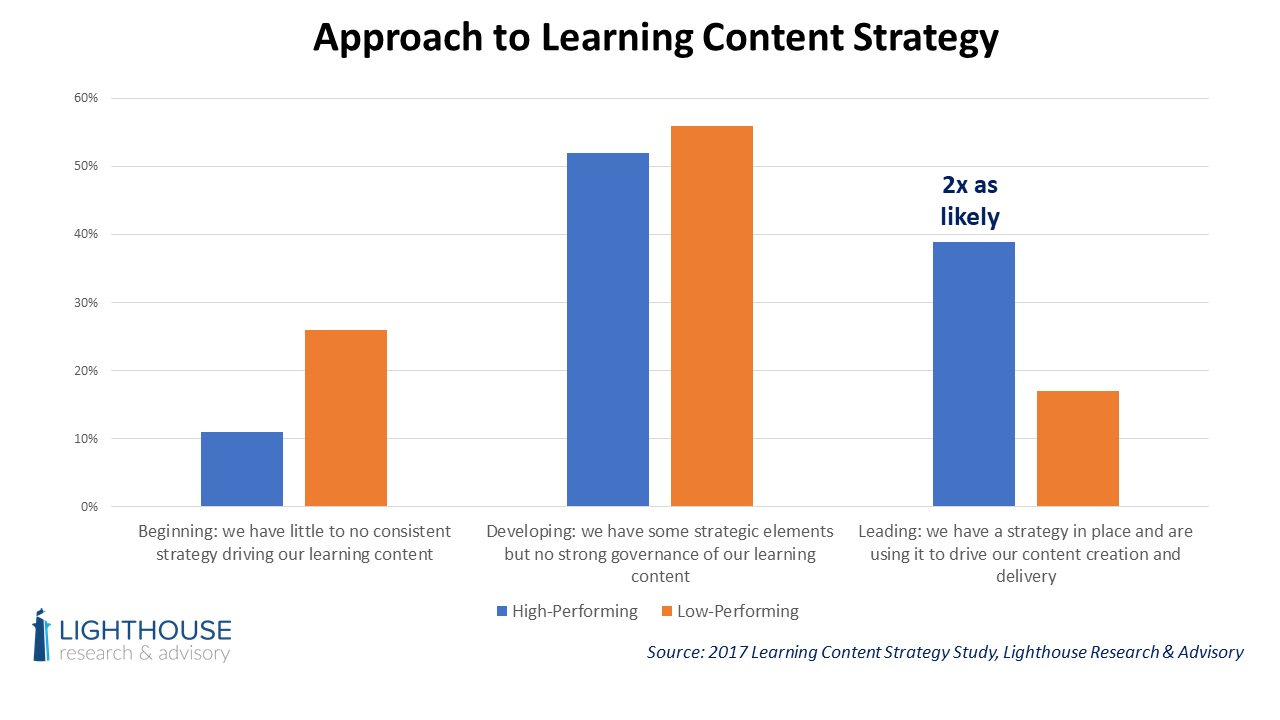Thanks to Docebo for bringing me to their first Docebo Inspire event in Boston this week. That made the idea for this blog post possible!
On my flight to Boston this week I started reading the upcoming book from Chip and Dan Heath titled “The Power of Moments.” It was perfect timing, because one of the topics I mentioned from the stage at the Docebo event was my belief that intentional design of learning experiences is going to be a critical skill of L&D professionals into the future.
In the book, the authors talk about a variety of moments, or experiences, that surprise, delight, and add value to our lives. One example in the book is a hotel based in California that is pretty average. The pool is no different than the one you might find in a neighbor’s backyard. The rooms are basic with no fancy appeal. Yet this hotel has amazing reviews on TripAdvisor and other sites. Why?
It has to do in part with the directive from the company to the employees: do something to surprise our guests. For example, one moment that costs little to offer yet has a major impact on everyone is the popsicle hotline. Yes, you read that properly.
Next to the average pool at this seemingly average hotel sits a red telephone. When a guest picks up the phone, a staffer answers cheerfully, “Welcome to the popsicle hotline! What can I get you?” Within minutes, a popsicle is delivered by a waiter carrying a silver platter.
That is a moment. A moment of delight. A moment of enjoyment.
Those moments are what we need to be creating and curating as learning leaders. This doesn’t happen by accident–it must be intentional. That’s why I believe strategy is more important than ever. I’ve been pushing learning professionals for years to create and leverage strategies to align learning content with business objectives, and our recent research shows that companies with stronger market performance are more than twice as likely to have an L&D strategy in place to guide content creation and deployment.

Additionally, in our recent 2017 Learning Content Strategy research study, we found a few things that help to support this case. For instance, 100% of high-performing companies said the primary value of creating engaging learning content is in improving the employee experience. I’ll qualify that with this story:
During a recent research interview with a UK-based learning professional, I asked him about the concept of learning experiences. His response? The concept is rubbish. If the focus is purely on creating pretty content that makes people happy when they consume it, that’s a waste of resources. However, if the focus is on creating learning experiences that improve retention and consumption of content in a way that drives critical behaviors that lead to business performance, that’s an initiative that he wants to get behind.
I think most of us can get behind that concept and would agree that’s where the value exists. One final piece of data that helps to make this point:
Low-performing companies are 7x more likely to say that their learning content doesn’t engage learners or is highly transactional.
I’ll just leave that one there and let you mull it over, but I have to reiterate the main concept here. Learning leaders have to get better at thinking about learning moments and how to create those that drive value for stakeholders in a variety of ways. The research I’m doing on learning content and learning experiences points to this not only being a “nice to have,” but a critical component that drives L&D and business performance over time.

Ben Eubanks is the Chief Research Officer at Lighthouse Research & Advisory. He is an author, speaker, and researcher with a passion for telling stories and making complex topics easy to understand.
His latest book Talent Scarcity answers the question every business leader has asked in recent years: “Where are all the people, and how do we get them back to work?” It shares practical and strategic recruiting and retention ideas and case studies for every employer.
His first book, Artificial Intelligence for HR, is the world’s most-cited resource on AI applications for hiring, development, and employee experience.
Ben has more than 10 years of experience both as an HR/recruiting executive as well as a researcher on workplace topics. His work is practical, relevant, and valued by practitioners from F100 firms to SMB organizations across the globe.
He has spoken to tens of thousands of HR professionals across the globe and enjoys sharing about technology, talent practices, and more. His speaking credits include the SHRM Annual Conference, Seminarium International, PeopleMatters Dubai and India, and over 100 other notable events.

